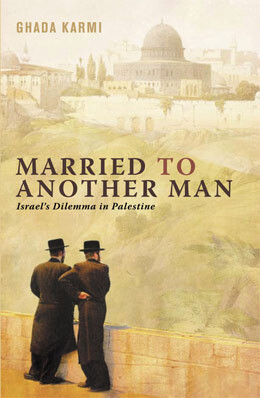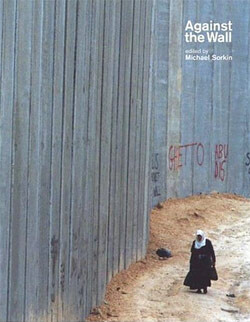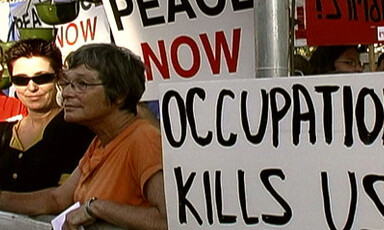
Book review: "Israel and the Clash of Civilisations"
10 February 2008
Much debate on conflict in the Middle East is beset by contradictions and unanswered questions. In his second book, Nazareth-based English author Jonathan Cook seeks to cut these Gordian knots, and in the process proposes an uncompromisingly grim diagnosis of what is happening in the world’s most unstable region, and why it is happening. Raymond Deane reviews for EI. Read more about Book review: "Israel and the Clash of Civilisations"


















